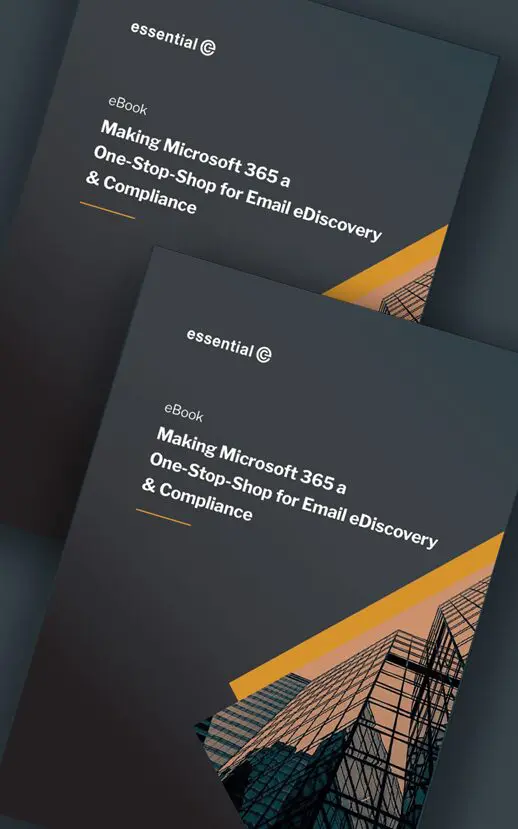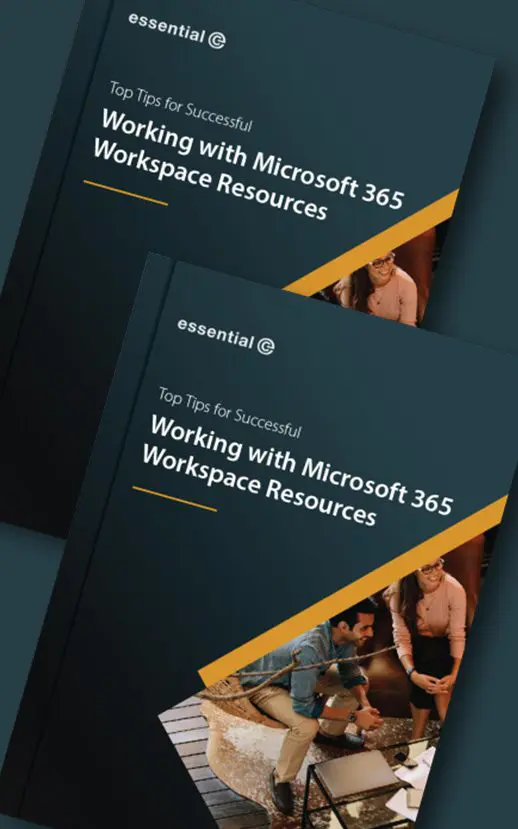
SHAREPOINT ONLINE ARCHIVING
SharePoint Online Archiving
Overview
Shrink your SharePoint storage costs
Is your SharePoint Online default quota being eaten up by increased remote sharing, Teams video recordings and retention policies?
By archiving SharePoint to lower cost Azure storage, you can shrink your storage costs by up to one tenth in comparison to Microsoft overage charges.
For example, storing 500TB was going to cost £410,000 p.a. in SharePoint Online. It was < £63,000 p.a. to store in our solution.
Get in touch with your predicted storage volumes and we’ll provide comparative pricing.

BENEFITS
The benefits of using our SharePoint Online archiving solutions
Seamless to End Users
Archived SharePoint files are still visible to end users via shortcuts that look like the original file.
Simply by double-clicking on a shortcut, users can instantly access their archived SharePoint files.
See how this compares with the recently introduced Microsoft SharePoint archive service >

Secure
- Use your own Microsoft Azure tenant or ours
- Use granular policies to drive what’s archived
- Apply litigation holds, retention dates & data classifications
- Use Azure security settings to minimise risks
- Synchronise with EntraID & security ACLs to give the same authentication & authorisation as Microsoft 365.
Get Independent Advice & a Range of Options
Essential offers a range of options when it comes to SharePoint archiving and can compare and contrast the alternatives and arrange demos for you.
We can also help you with strategies for avoiding SharePoint sprawl in the first place.

Schedule a chat & demo
RESOURCES
Resources on SharePoint online archiving
What our customers have to say about us










